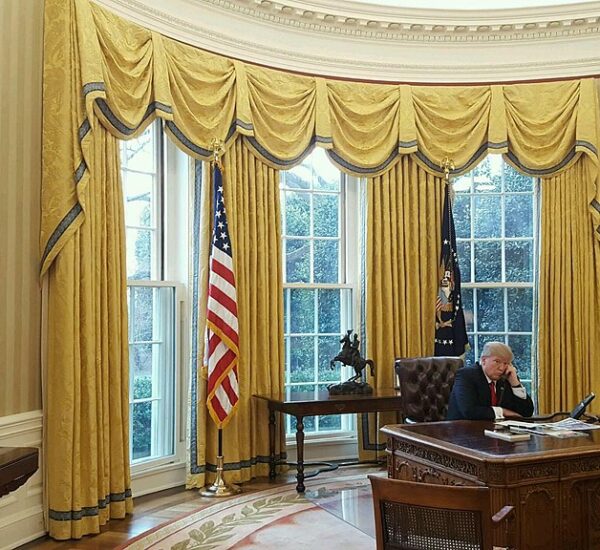Former President Trump is delving into the ongoing House GOP leadership dilemma, endorsing Rep. Jim Jordan (R-Ohio) for the Speaker position. This comes in the wake of Rep. Kevin McCarthy’s (R-Calif.) departure from the role. Such an endorsement, if it leads to Jordan’s election, would strengthen Trump’s clout in GOP politics by placing a close ally in a pivotal position.
While Trump’s endorsement showcases his involvement in shaping the party’s future, it also has its potential pitfalls. An endorsement, especially from a figure like Trump, can sway decisions. However, it also means that if the endorsed candidate fails, it might reflect poorly on the endorser.
Trump’s mulling over addressing the GOP conference directly is seen as another move to solidify support for his pick, Jordan. However, the early revelation of his preference for Jordan, possibly unintended, raises eyebrows. It’s unclear whether Trump wanted his support for Jordan to be public at this juncture.
Rep. Troy Nehls (R-Texas) revealed Trump’s backing of Jordan on X, the platform that once was Twitter. This announcement came as a surprise, especially since Nehls himself had previously suggested Trump as a potential Speaker. Following Nehls’ post, Trump was compelled to affirm his support for Jordan, even though Jordan’s road to the Speaker’s role remains uncertain.
While some insiders downplay the premature disclosure of Trump’s endorsement as insignificant, others feel it may carry ramifications. Trump’s endorsement might not resonate with all GOP members, especially those from districts that favored President Biden in the 2020 election. The endorsement alone might not ensure a smooth sail for Jordan in the upcoming discussions.
In essence, while Trump’s intervention showcases his continued influence and interest in GOP politics, it’s a gamble. If Jordan does not secure broad support, it might raise questions about Trump’s sway over the party.






